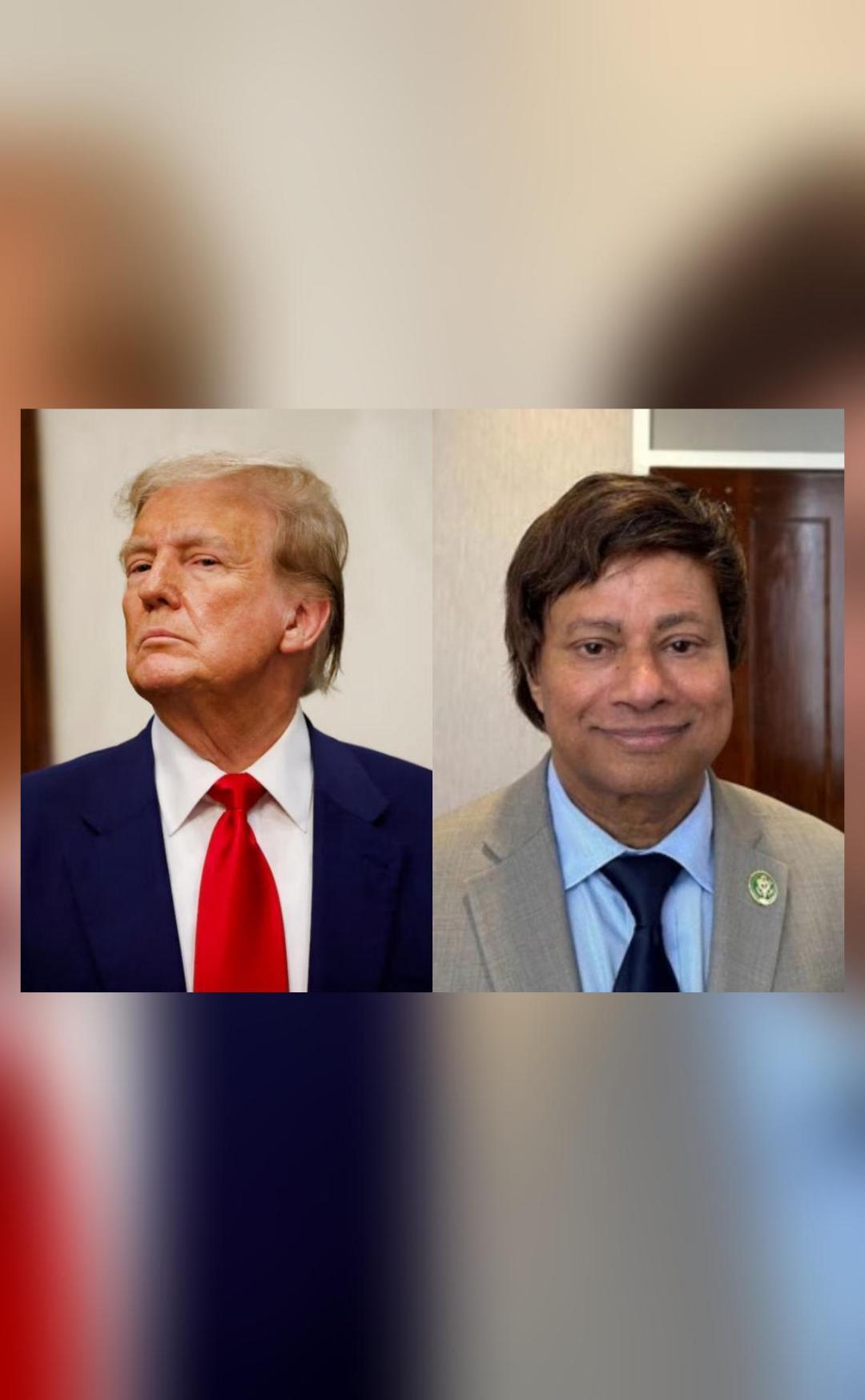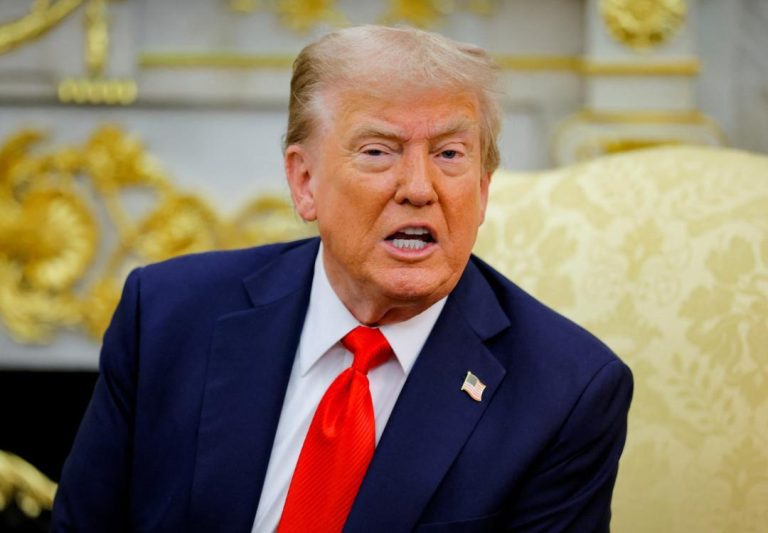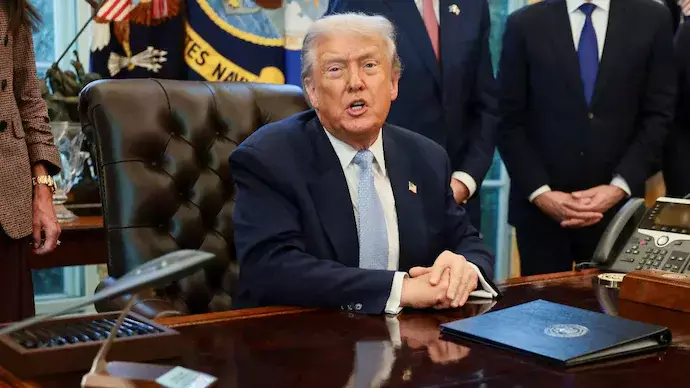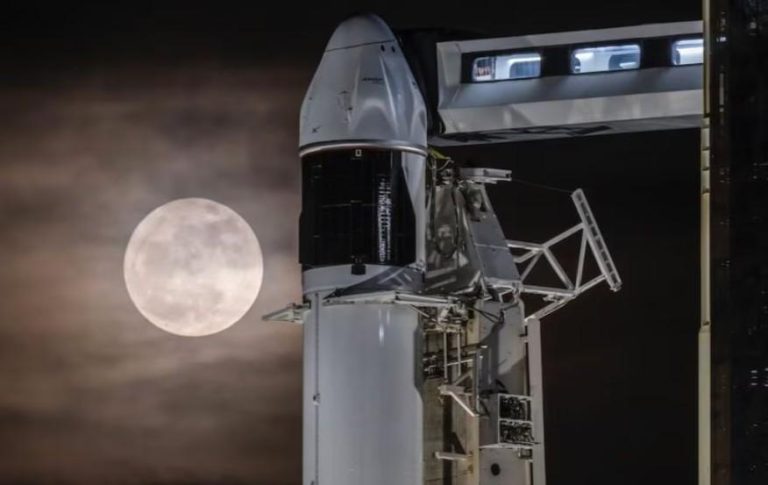
Myth about Trump being pro-India hasn’t materialised: US Lawmaker
The 2016 US presidential election was a significant event not only for the United States but for the entire world. The election of Donald Trump as the 45th President of the United States sent shockwaves globally, and India was no exception. Many Indians, including those in the Indian-American diaspora, had high hopes that Trump’s presidency would be beneficial for India-US relations. However, it appears that these hopes have been largely misplaced.
Indian-American Congressman Shri Thanedar, who was a vocal supporter of Hillary Clinton during the 2016 presidential election, recently expressed his disappointment with Trump’s presidency, stating that the “myth” about Trump being pro-India has not materialized. Thanedar, a Democrat from Michigan, told the Hindustan Times in an interview that many people in the Indian-American diaspora had believed that Trump would be a more sympathetic ear for India’s concerns.
Thanedar’s comments come as a stark reminder that the Trump administration’s policies and actions have been far from ideal for India. Despite Trump’s campaign promises to improve ties with India, the reality has been quite different. Thanedar’s words are a reflection of the growing frustration among many in the Indian-American community who had expected more from Trump’s presidency.
Trump’s “America First” agenda has been the guiding principle of his presidency, and it has led to a significant shift in the US’s foreign policy priorities. While Trump has been vocal about his admiration for India, his actions have not always been in line with India’s interests. For instance, Trump’s decision to withdraw from the Paris Climate Accord, a global agreement aimed at reducing greenhouse gas emissions, has been criticized by many in India who see it as a setback for the country’s efforts to combat climate change.
Moreover, Trump’s trade policies have also been a concern for India. His decision to impose tariffs on imported steel and aluminum, which India has been forced to retaliate against, has led to a significant deterioration in bilateral trade relations. The US-India trade deficit has grown significantly under Trump’s presidency, with India’s exports to the US declining by over 20% in 2020.
Thanedar’s comments also highlight the importance of the Indian-American diaspora in shaping US foreign policy towards India. The Indian-American community has been a significant contributor to the US economy, and its influence on American politics cannot be ignored. However, despite their significant numbers and economic clout, the Indian-American community has not been able to exert the kind of influence on US foreign policy that they had hoped for under the Trump administration.
In conclusion, Shri Thanedar’s comments serve as a stark reminder that the Trump administration’s policies have not been as friendly towards India as many had hoped. Trump’s “America First” agenda has led to a significant shift in US foreign policy priorities, and India has been one of the unfortunate casualties. As the US presidential election approaches, it remains to be seen whether the next president will be more inclined to improve ties with India.






